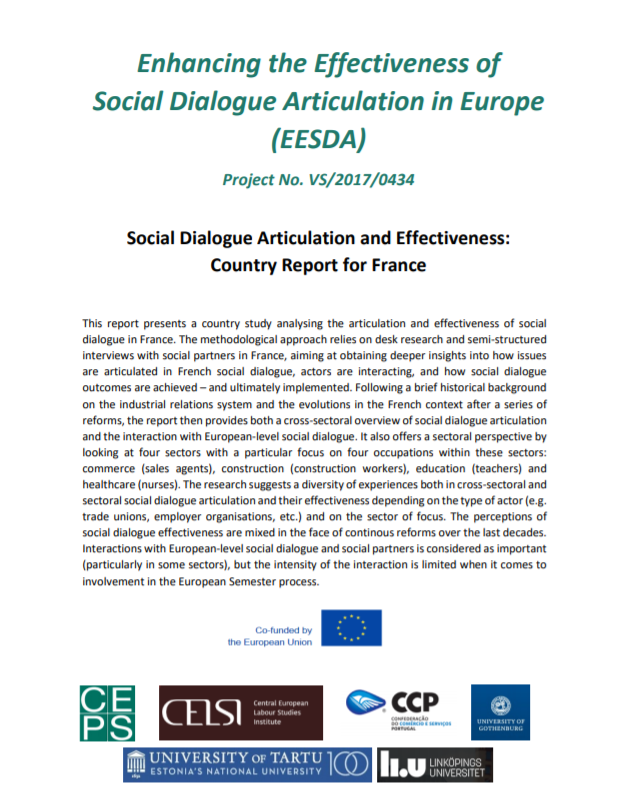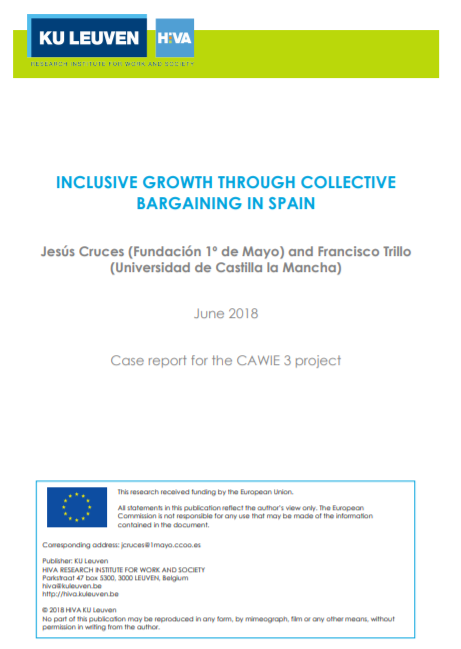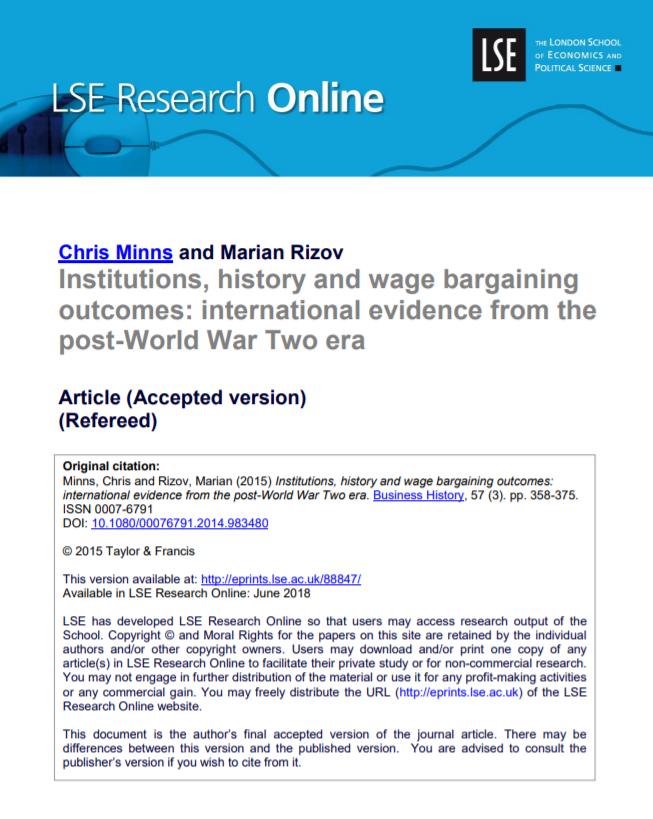
Summary
This study uses the case study of the Confédération Démocratique du Travail (CDT) negotiated with Domaines Brahim Zniber Diana Holding Group in 2015 in Morocco to analyse the effect of collective bargaining on women and how the inclusion of women can alter the outcomes of the agreement. It concludes that collective bargaining agreements greatly impacts gender equality and benefits all workers by raising wages as well as facilitating broader social dialogue between workers, unions, employers and governments. An important takeaway is that the employer was supportive of the agreement throughout the process, and that even impactful agreements can be done amicably.
For the original source, please click here








